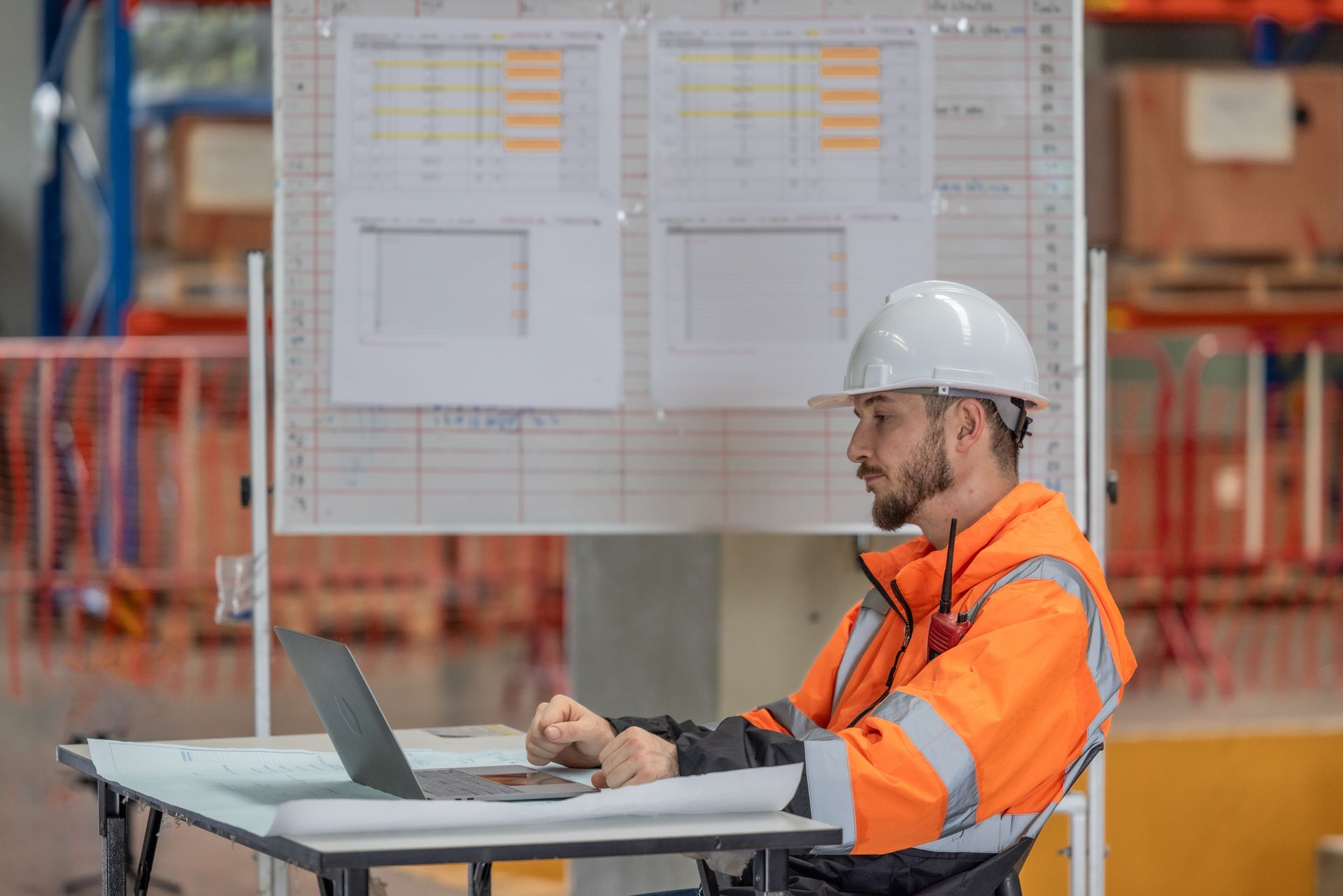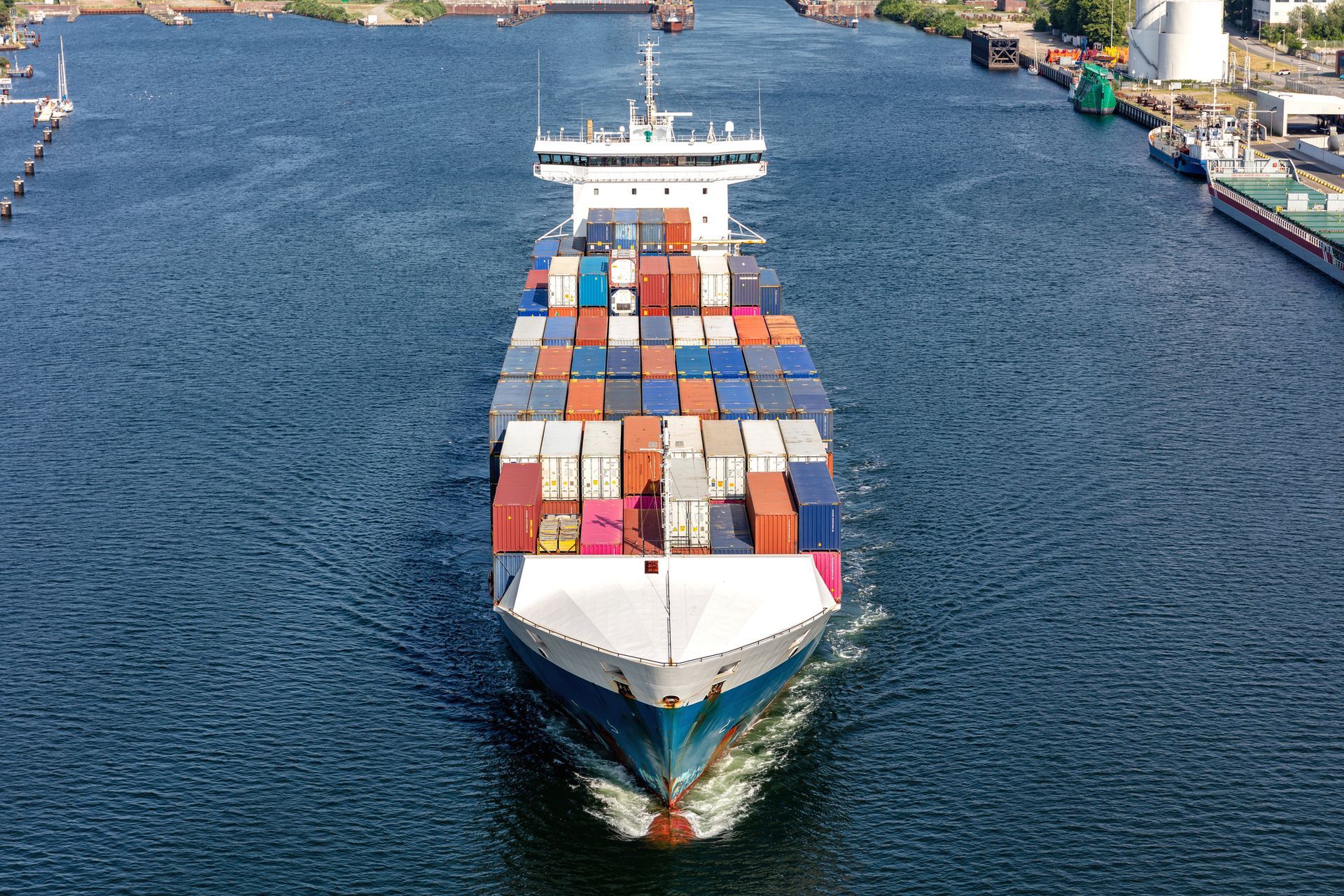
There are various key players involved in International Trade, from the quotation of imports or exports to the delivery of cargo at the factory. In this article, we will seek to understand the main actors in these processes, highlighting the role of each one.
Stay with us until the end, and enjoy your reading!
What is International Trade?
International Trade is a vital component of economic relations between developing countries. These commercial operations play a crucial role in the economy, significantly contributing to a nation's GDP.
This dynamic generates an increase in international barriers, which play a fundamental role in safeguarding the development of local businesses.
Interaction in the global trade landscape is motivated by various factors intrinsic to the diversity of production between countries. The complementarity of skills and resources drives the pursuit of production advantages, allowing for the manufacturing of quality products at reduced costs.
This synergy between countries creates an economic interdependence that benefits joint growth. Moreover, the interconnectedness of international trade is propelled by a country's inability to be self-sufficient in all necessary goods and services.
The scarcity of resources or expertise in certain areas leads countries to seek in the global market what they lack. Thus, exporting the surplus and importing what is scarce become essential strategies to meet domestic demands, ensuring a balance in the country's needs.
What is the importance of international trade for the economy?
The importance of international trade for the economy is multifaceted, driven by a variety of factors that transcend national borders. As mentioned earlier, the ability to import products that are not locally available and export surpluses plays a fundamental role in this economic context.
One of the most notable benefits of international trade is the ability to mitigate risks associated with economic activities, allowing companies to continue operating even in the face of internal economic crises.
This diversification of markets and revenue sources provides crucial resilience, ensuring the continuity of operations amidst local challenges.
The trade balance emerges as a crucial indicator for assessing a country's international trade performance. By recording the imports and exports of goods and services, this indicator provides valuable insights.
A positive balance indicates that the country is exporting more than it is importing, while a negative balance points to a deficit, suggesting that the value of imports exceeds that of exports.
Brazil's international trade landscape stands out globally, being recognized for the export of iconic products such as soybeans, oil, pulp, and iron ore. Large companies, like Petrobras, play a prominent role in this context, standing out as one of the world's leading oil exporters.
It is important to emphasize that, to enable this type of trade, companies must adhere to the rules established by the World Trade Organization (WTO), both in terms of imports and exports.
Compliance with these regulations contributes to a fairer and more equitable trading environment, promoting sustainable and transparent international relations.
Thus, the importance of international trade goes beyond economic borders, playing a fundamental role in the resilience of companies, the diversification of markets, and the global projection of economies, as evidenced by the dynamism of Brazilian international trade.
Key Players in Logistics and Their Roles
The efficiency of international trade is intrinsically linked to logistics, a complex network of participants who play distinct and complementary roles. Each player fundamentally contributes to the smooth flow of global trade operations. Let’s explore the role of some of the key players in logistics:
Importers and Exporters
They are the main actors in international trade, responsible for moving goods across borders and managing the necessary documentation, including commercial invoices and transport documents.
Customs Brokers or Customs Agents
They act as intermediaries between importers/exporters and customs authorities, playing a crucial role in ensuring compliance with customs regulations.
Transport Companies
They are responsible for the physical movement of goods, choosing the most efficient and cost-effective mode, ensuring timely and secure delivery, and being fundamental to the integrity of the logistics chain.
Logistics Operators
They manage the entire logistics flow, from storage to distribution, providing integrated solutions, optimizing costs, and improving operational efficiency.
Customs Authorities and Government Organizations
They establish trade regulations and policies, conducting customs inspections to ensure compliance and security at the borders.
Chambers of Commerce and Business Associations
They facilitate communication and collaboration among businesses, providing support in dispute resolution and promoting integration between the public and private sectors.
NVOCCs
They are companies specialized in consolidating LCL shipments from different exporters into the same container to optimize maritime transport, playing a crucial role in maximizing efficiency in shipping.
Freight Forwarders
Also known as freight forwarders, these vital intermediaries coordinate the movement of goods between different locations.
They manage the logistics process by selecting efficient routes, appropriate modes of transport, and handling documentation and customs regulations. This role is crucial for optimizing cargo movement, ensuring efficiency in the logistics flow.
Shipowners
Fundamental to maritime transport, shipowners are responsible for the operation, maintenance, and management of vessels. They provide services such as container supply, ship scheduling, and port management.
The right choice of shipowners can directly impact the efficiency and cost-effectiveness of international trade operations, especially in the transportation of large volumes of goods.
Airlines
In air transport, airlines play a crucial role in the agile and efficient movement of goods. They offer air cargo services, allowing for the transportation of perishable products, high-value items, or those with tight delivery deadlines.
They significantly contribute to global connectivity, enabling the rapid movement of goods between different regions of the world.
Conclusion
Efficient collaboration among importers, exporters, customs brokers, transport companies, logistics operators, customs authorities, chambers of commerce, NVOCCs, freight forwarders, shipowners, and airlines is essential to ensure an integrated and effective logistics chain, promoting the success of international trade.
Each participant plays a specific role, and the harmony among these players is crucial for the smoothness and efficiency of commercial operations on a global scale.
Want to learn more about International Trade? Then check out the exclusive material "ComEx Glossary."
Continue a navegar no blog da Allink

Mantenha-se informado sobre o comércio exterior
Assine nossa newsletter e receba atualizações semanais de forma gratuita sobre o mundo da logística.




